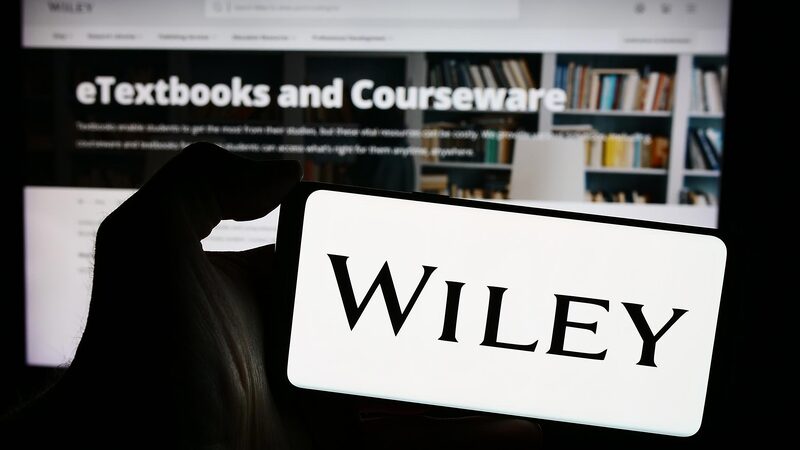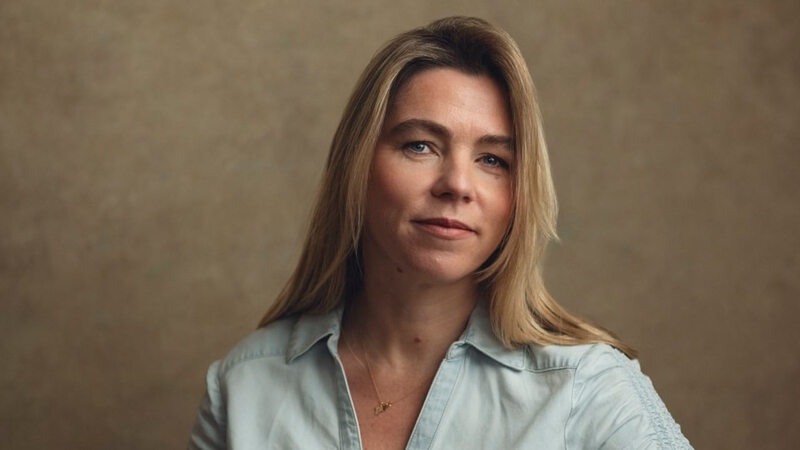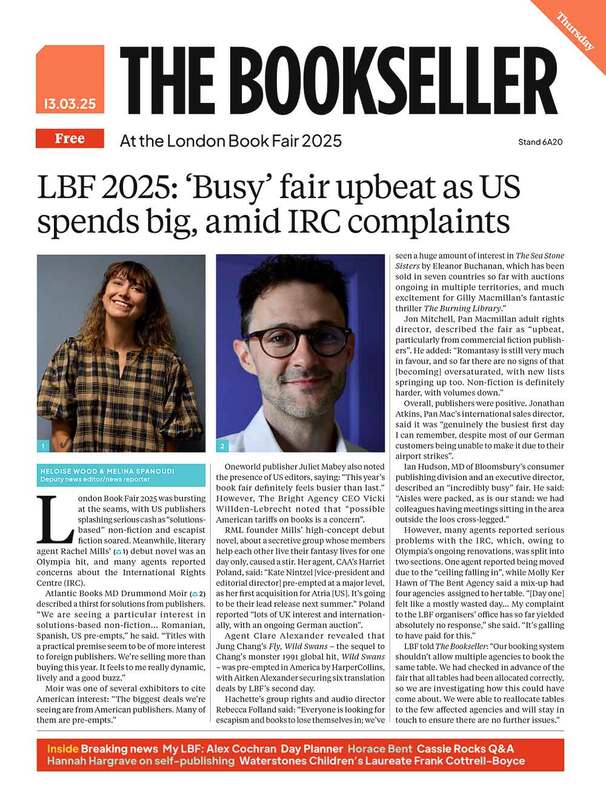You are viewing your 1 free article this month. Login to read more articles.
Faber enjoys further 'stellar' year
Faber saw “another stellar year” for the financial year ending March 2018, although with turnover and profit narrowly down on the previous year’s results due to a dip in e-book sales and fewer fiction paperbacks.
The independent publisher delivered a top-line turnover of £18.47m, compared to £18.72m in 2017. Meanwhile gross profit was £9.683m (compared to £9.69m the previous year) and operating profit was £1.64m (previously £1.97m), narrowly behind the year before but significantly ahead of 2016 which was itself a record year.
Faber c.e.o. Stephen Page revealed that his team was “delighted with another stellar year for the company”, with sales and profit both exceeded expectation, according to the report submitted to Companies House by Faber finance director Mary Cannam.
She cited Kazuo Ishiguro's Nobel Prize in Literature win as further boosting his “already strong selling backlist titles” (a flurry of 20 international renewal deals followed within days of the award announcement), with other top performers including Rosamund Young's The Secret Life of Cows which shifted 100,676 copies through Nielsen BookScan, Sally Rooney’s break-out debut Conversations with Friends, selling 68,030, and Leila Slimani’s literary thriller Lullaby selling 83,448 copies in all editions.
“Revenue was slightly below 2017’s figure, partly because e-book sales were down year on year, and partly because there were fewer fiction paperbacks being published in the year,” Cannam reported.
Meanwhile the Faber Academy saw another record year with top line growth of 24% and demand for courses higher than ever.
Page told The Bookseller: “I am absolutely delighted. We had a really good last year and very strong year the year before that. We are little less on the top line and bottom line but we are essentially at the same point.”
He said that while the e-book market was “definitely down from three or four years ago but had steadied”.
With us, the e-book market is a lot to do with the mix of our publishing. It is very much to do with the genre. 2016 and 2017 had certain cross-over titles with which we did brilliantly." The BBC’s adaptation of Apple Tree Yard aired in January last year and the book’s success was credited with helping Faber’s turnover rise by 10% for the same period last year.
“With us, the e-book market is a lot to do with the mix of our publishing. It is very much to do with the genre. I prefer to think about the strategy across a range of stages and the rise of audio… we are very interested in audio as a market perhaps because it allows us to penetrate where our e e-books do less well, around non-fiction and poetry.
“On the reduced number of fiction paperbacks he said: “Literary publishing is more of a woven series of strands and so the mix changes over time. The mix changed and that is all.
“When you look at the mix over the summer there will be Sally Rooney, Barbara Kingsolver and strong crime titles so probably the paper back mix will rise again. Over the next 12 months there is a very strong paperback programme.”
Meanwhile sales revenue from the children’s list grew by around 5%, with Emma Carroll’s bestselling Letters from the Lighthouse contributing to this growth, and Page credited the children’s list as “seriously coming to fruition” this year through Faber's children's publisher Leah Thaxton helping to create “staggeringly beautiful books through strong editorial support”.
Page also said that the Faber Members scheme, a membership scheme launched in 2015, had been expanded and would form a key part of the publisher’s 90th birthday celebrations next year.
“We want it to develop so that over the next five years it is a key part of our market,” he said.
However in the results, Cannam revealed concerns over arguably the “risk of a downturn has increased due to uncertainty around the UK’s EU exit arrangements as well as recent political events. The other significant threat to the Company’s future plans and performance continues to come from the dominance of one or two major retailers, particularly in the online sector.”
Page echoed the concerns over Brexit “The sheer level of uncertainty and the sheer strife is no good for anyone, what you need is a confident and clear market so that businesses can thrive,” he said. “I want to know as soon as possible what have to hope for. Intellectual Property is absolutely at the basis of that.”

















